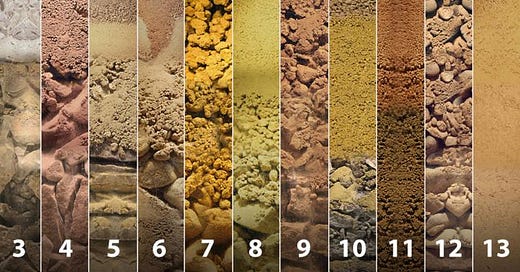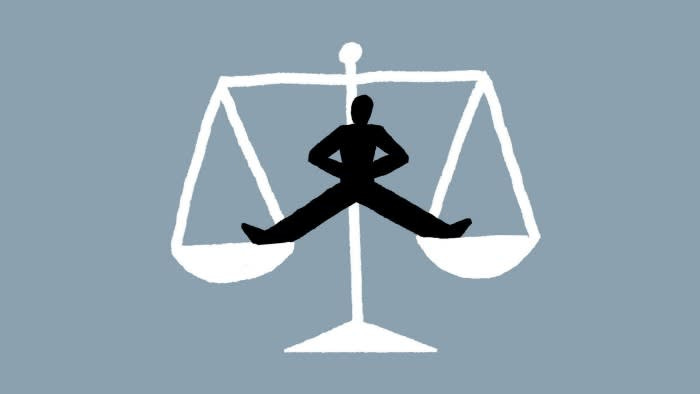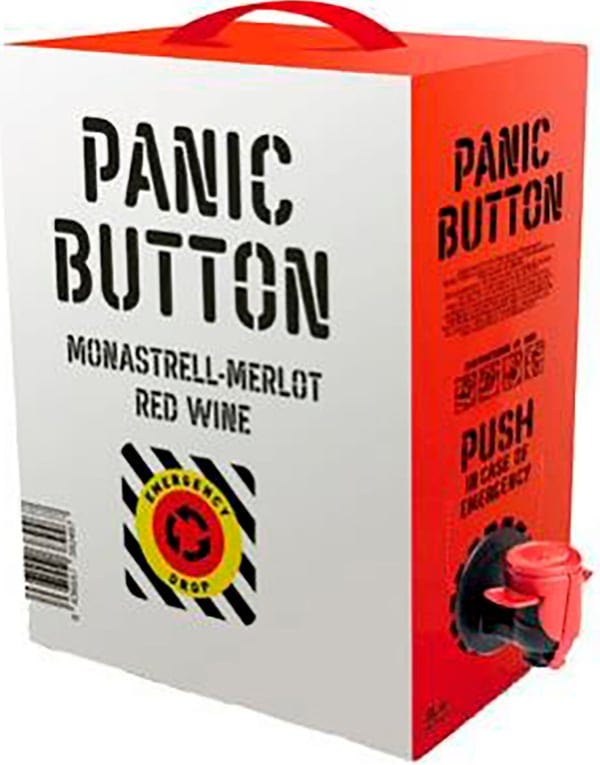Is Terroir Dead?
Do two of my most cherished subjects in wine, sustainability and branding, pose the biggest threat to the notion of terroir?
The debate around defining terroir is much trodden ground, but recently I’ve been thinking less and less about its definition and more about the threat to the entire concept. Is terroir truly relevant anymore?
Given my marketing background, it’s easy for the sceptic in me to see PR-able appeal of a dynamic, undefined phrase that simultaneously connotes quality (and therefore price) and a uniqueness that cannot be replicated.
What a winemaker can imply when they promote their terroir is that they have the *special magic*. You cannot buy it or copy it, and they can charge you for it.
I recently hosted a webinar for Wine Scholar Guild with the formidable microbiologist Marc Andre Selosse and the opening slide of his presentation read ‘terroir is how [a] plant reacts to soil’. This is probably the most basic (and most classical French) definition of the concept which, after all, is a linguistic bedfellow of terre - ‘earth’.
But most definitions today include a far more expansive view on a grape growing environment - plant material, aspect, weather, climate, micro-organisms, even (in some cases) human intervention.
But for a concept so broad and flexible, there is a rigidity to protect it. Once you have the magic, can anyone take it away?
Climate change and sustainability
In a piece of work I am currently doing with The Wine Society around sustainability in viticulture, I’ve been thinking heavily about how we (as humans) can have a positive impact on vineyards and how climate change has, and will continue, to affect vineyards.
All around the world, ‘new normals’ are already reshaping the weather patterns of regions and affecting the subsequent wines.
The 12.5% alcohols of Bordeaux wines 50 years ago are long gone; smoke taint from wildfires in Australia is better understood managed; and growers in the southern Rhône plant more Mourvèdre over Syrah to handle the increased drought.
Even purists who consider terroir as ‘strictly soil’ cannot deny that as rainfall patterns change, a soil’s ability to retain water and its affect on the vine and therefore wine is no longer the same as it was 20, 30 or 40 years ago.
So my first question is - can the concept of terroir and its mystery-cloaked rigidity can survive when one of the key parameters of its definition – climate – is so under threat? As the natural world undoubtedly changes and a viticulturists reactions to such changes move and morph, how can we ignore that the DNA of what me call the ‘terroir’ of a place has changed too…?
The era of the ‘brand’
The tinder paper that set this whole thing off was a piece I saw on Wine Searcher with Napa Valley expert and author of the Wine Bible, Karen MacNeil. Karen called into question whether the stamp of a winemaker trumped the notion of individual terroir after a tasting of several premium Napa Valley Cabernets made by consultant Philippe Melka. She said, “You can't say the Napa Valley has 16 AVAs and is making wines that are reflective of terroir. And then, have a group of wines that all taste very similar."
Karen is one of the most influential promotors of the wines of Napa Valley, and her remarks didn’t seem to take aim at quality nor of the style of the region overall; but more questioned whether a winemaker’s creative fingerprint is so pertinent on a wine that the individuality of the region is lost.
The Master of Wine journey has certainly taught me to respect that notion. There are always exceptions to rules and winemakers who can make high acid wines in sub-regions normally lower in acid than their neighbours or soften tannins in a way atypical of the region. It’s why I have such issue with ‘blind guessing’ (an exercise in ego stroking) as opposed to ‘blind tasting and describing’ (genuinely helpful).
But given that the wine landscape has changed from the era of Benedictine monks carving up plots of soil that had a point of difference to a new global landscape of big brands and even bigger consumer expectations, have we let a consumer desire for the known overpower nuance?
So what next?
This is not a doomsday piece, nor is it meant to be intentionally pedantic.
Instead, I am holding lightly the idea that terroir, as a concept, might be loosing its allure. Whilst some threats to the notion are recognisable and reversible, others seem irreversible and unstoppable.
For a wine communicator and educator, I can see plenty of opportunities for exploring new wines and concepts if we drop the shackles. For producers, I can understand it’s a comfort blanket they might not be prepared to give up.
But as the world changes around us, I think we would be remiss to rely on the term as we once did.








I don’t think so, but believe it’s very misunderstood for sure, similar to that other great wine word; minerality. That you taste stones is ludicrous, but for instance that drainage matters enormously is something few would argue against.